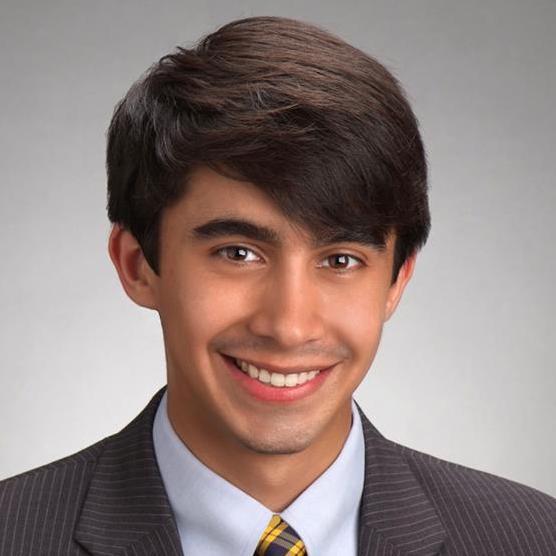For 30% to 40% of lymphoma patients who receive CAR T therapy, the treatment is a godsend. Typically given to lymphoma patients for whom other treatments have proven ineffective, CAR T therapy involves removing immune cells from the body via a blood draw, reengineering them to become better cancer fighters, then reintroducing them to the bloodstream, where they seek out and destroy cancer cells.
For 60% to 70% of lymphoma patients who receive CAR T therapy, however, the treatment doesn’t work, and the cancer comes back — typically within a year after treatment. Cancer researchers have started looking into additional treatments for lymphoma patients who relapse after CAR T therapy — one thought being that drugs called checkpoint inhibitors, which prevent proteins in the body from inhibiting the immune system, could be a method for reinvigorating the reengineered immune cells.
University of Colorado Cancer Center member Ajay Major, MD, MBA, assistant professor in the division of hematology in the CU School of Medicine, recently published research in the journal Blood Advances that shows checkpoint inhibitors are not an effective treatment when CAR T fails; he is also interested in the potential of new medications called bispecific antibodies to treat aggressive lymphomas.
We talked with Major about his research.





